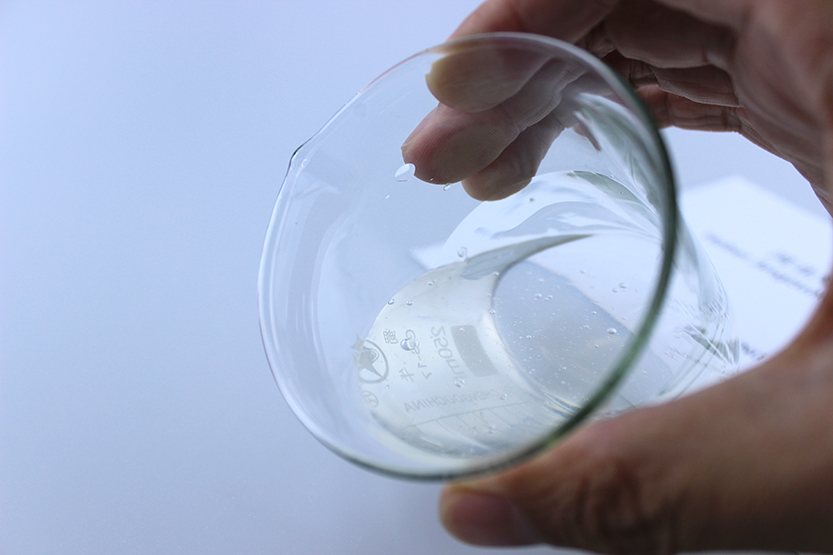
Nov . 24, 2024 19:34 Back to list
Methyl Hydroxyethyl Cellulose Production Insights and Manufacturer Information Overview
MHEC A Comprehensive Overview of Methyl Hydroxyethyl Cellulose Manufacturers
Methyl Hydroxyethyl Cellulose (MHEC) is a versatile cellulose ether that plays a crucial role in various industries, including construction, pharmaceuticals, food, and personal care. Its unique properties make it an essential additive for various applications, providing benefits such as thickening, binding, and film-forming. As the demand for high-quality MHEC continues to grow, understanding the manufacturing process and the key players in the industry is vital.
What is MHEC?
MHEC is derived from cellulose, a natural polymer found in plant cell walls. It is produced through a chemical modification process where methyl and hydroxyethyl groups are introduced to cellulose fibers. The result is a non-ionic, water-soluble polymer that can be customized for different applications by altering its molecular weight and the degree of substitution of the hydroxyethyl and methyl groups.
This cellulose derivative is known for its ability to provide excellent water retention, increased viscosity, improved adhesion, and enhanced workability. These attributes make it especially valuable in construction materials like tile adhesives, cement-based products, and plaster, where it aids in the spreadability and setting time of mixtures.
The Role of MHEC Manufacturers
MHEC manufacturers play an integral role in supplying this critical ingredient across various sectors. The production of MHEC involves several key steps, including sourcing high-purity cellulose, chemical modification, purification, and drying to achieve the desired product specifications. Reputable manufacturers invest in advanced technologies and quality control processes to ensure their products meet stringent industry standards.
Among the leading MHEC manufacturers, companies such as Ashland, Dow, and Shin-Etsu are notable for their commitment to research and development. These manufacturers continuously strive to innovate their formulations, catering to the evolving needs of the market. They also emphasize sustainability, seeking to minimize environmental impact throughout the production process.
Applications of MHEC
mhec-methhyl hydroxyethyl cellulose manufacturer

1. Construction In the construction industry, MHEC is widely used in formulations for mortar, tile adhesives, and other cementitious systems. Its water retention properties help to prevent premature drying of the mortar, ensuring better adhesion and robustness.
2. Pharmaceuticals In the pharmaceutical sector, MHEC serves as a thickening agent in topical formulations and controlled-release drug delivery systems. Its biocompatibility and stability under various conditions make it suitable for use in medicinal products.
3. Food Industry MHEC is increasingly utilized as a food additive, where it helps to modify textures and stabilize emulsions. Its usage is often found in sauces, dressings, and gluten-free products, where it can improve mouthfeel and consistency.
4. Personal Care MHEC's thickening and film-forming capabilities make it a popular choice in the cosmetic and personal care industries. It is commonly found in lotions, creams, and hair care products, enhancing texture and application.
Choosing the Right Manufacturer
When selecting a MHEC manufacturer, it is crucial to consider factors such as product quality, reputation, technical support, and customization options. Manufacturers that offer extensive research support and technical guidance can help clients develop tailored solutions for their specific needs.
Sustainability has also become an important consideration. Consumers and businesses alike are increasingly demanding eco-friendly products and practices, leading manufacturers to adopt greener methods and raw materials.
Conclusion
Methyl Hydroxyethyl Cellulose is a vital ingredient in many industries, and its importance is only expected to grow. With a plethora of MHEC manufacturers available globally, it is essential for businesses to collaborate with trusted suppliers who prioritize quality, innovation, and sustainability. As the market continues to evolve, so too will the opportunities for MHEC applications, making it a fascinating area of interest in the world of materials science.
-
tile-bonding-additives-for-stronger-bonds
NewsAug.22,2025
-
construction-grade-rdp-for-wholesale-needs
NewsAug.22,2025
-
trusted-wholesale-hec-partners
NewsAug.22,2025
-
hec-solutions-for-industrial-excellence
NewsAug.22,2025
-
construction-additives-need-hpmc-essentials
NewsAug.22,2025
-
hpmc-versatile-cellulose-ether-for-industries
NewsAug.22,2025







